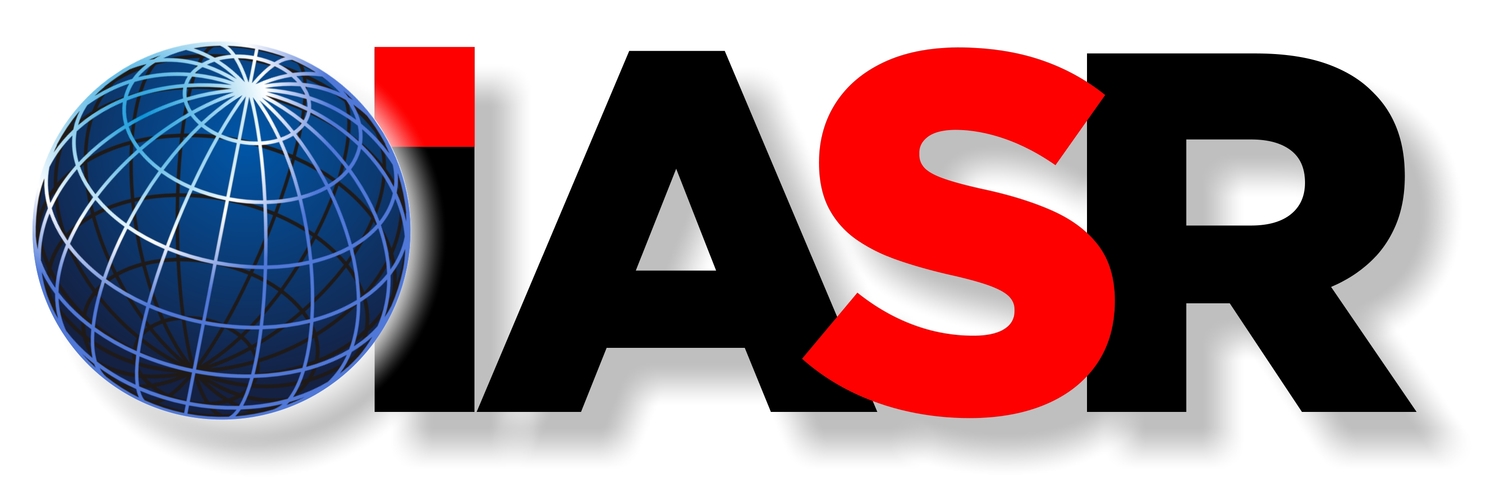Membership Responsibilities & Benefits
There are two levels of membership:
Student members are graduate or undergraduate students engaging in sex research at an institute of higher learning
Full members are established sex researchers who typically have sex-related publications in peer-reviewed journals
Annual dues for IASR membership are $180 USD for Full members and $80 USD for Student members. Individuals from lower/middle-income countries receive a 50% discount, per our reduced fee policy below. After receiving their terminal degree (e.g. MD, PhD, JD), students have 2-3 years to apply for Full membership before their membership expires.
Membership Benefits:
Electronic access to the Academy journal, Archives of Sexual Behavior
Reduced annual subscription rate ($80 USD) for hard copies of Archives of Sexual Behavior if purchased by January 31 each year
Entitlement to present one first-author poster at Annual Meetings
Reduced registration rate for Annual Meetings
Opportunity to apply for Child Care Financial Aid to aid in covering the costs of child care while attending Annual Meetings
Access to IASR listservs for job postings, graduate and post-doctoral opportunities, and other sex-related news and information
Additional Full Member Benefits:
Voting rights for officer elections
Opportunity to run for officer positions
Additional Student Member Benefits:
Opportunity to apply for student awards to support research in progress and/or acknowledge completed work
Eligibility for the Best Brief Communication Award, Best Data Blitz Award, and Best Poster Award at Annual Meetings
Reduced Fees for Individuals from Low or Lower Middle Income Countries
In response to member feedback, IASR has implemented a reduced fee policy whereby individuals from countries classified by World Bank as low or lower middle income receive a 50% discount on membership dues as well as conference registration. This policy aims to increase the accessibility of the Academy to those who might otherwise face financial barriers to participating. Countries included in this policy per recent World Bank criteria include the following.
Afghanistan
Algeria
Angola
Bangladesh
Benin
Bhutan
Bolivia
Burkina Faso
Burundi
Cape Verde
Cambodia
Cameroon
Central African Republic
Chad
Comoros
Cote d'Ivoire
Democratic Republic of the Congo
Djibouti
Egypt
Eritrea
Eswatini
Ethiopia
The Gambia
Ghana
Guinea
Guinea-Bissau
Haiti
Honduras
India
Iran
Jordan
Kenya
Kiribati
North Korea
Kyrgyzstan
Laos
Lebanon
Lesotho
Liberia
Madagascar
Malawi
Mali
Mauritania
Micronesia
Mongolia
Morocco
Mozambique
Myanmar
Nepal
Nicaragua
Niger
Nigeria
Pakistan
Papua New Guinea
Philippines
Rwanda
Samoa
Sao Tome and Principe
Senegal
Sierra Leone
Solomon Islands
Somalia
South Sudan
Sri Lanka
Sudan
Syria
Tajikistan
Tanzania
Timor-Leste
Togo
Tunisia
Uganda
Ukraine
Uzbekistan
Vanuatu
Vietnam
Yemen
Zambia
Zimbabwe

